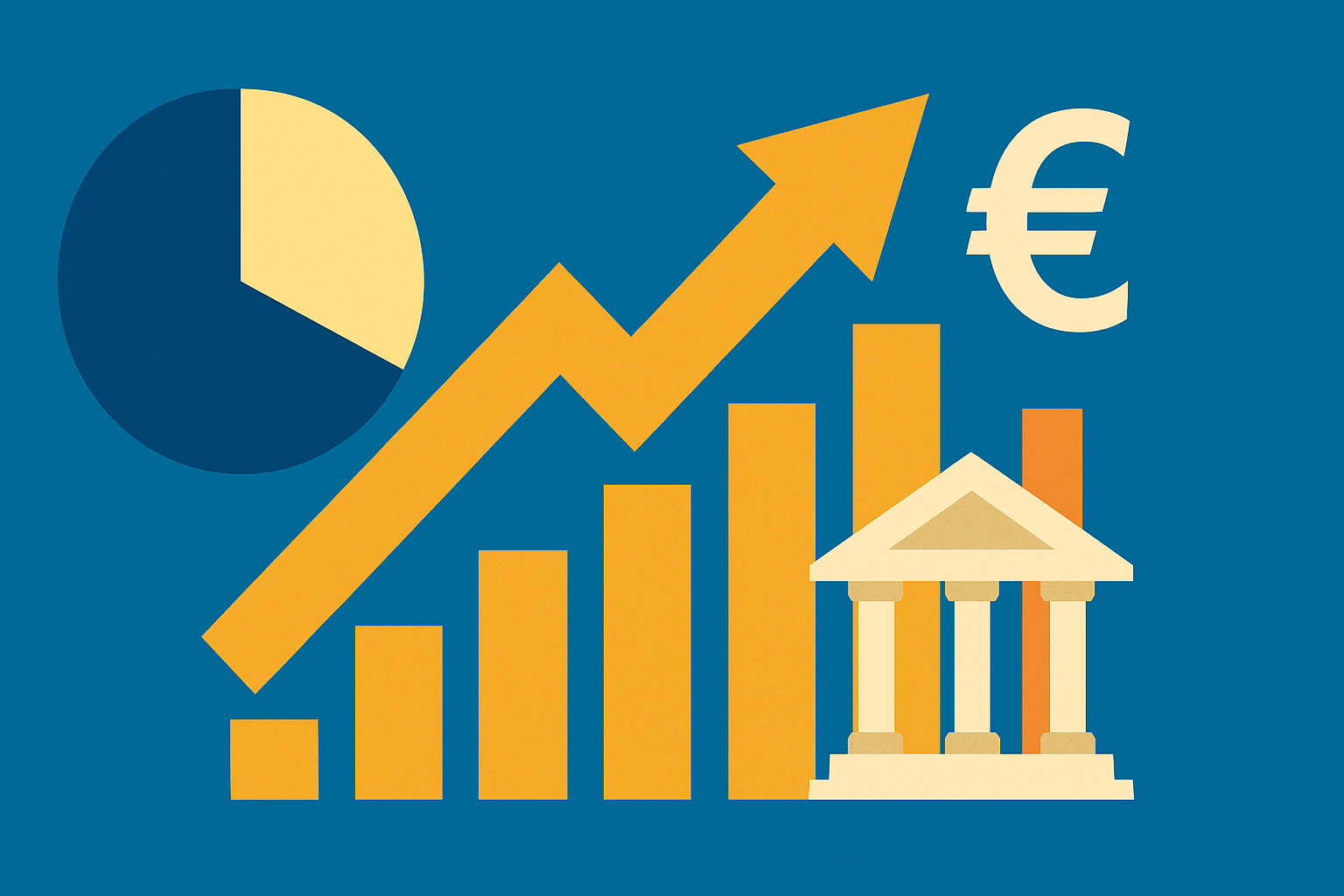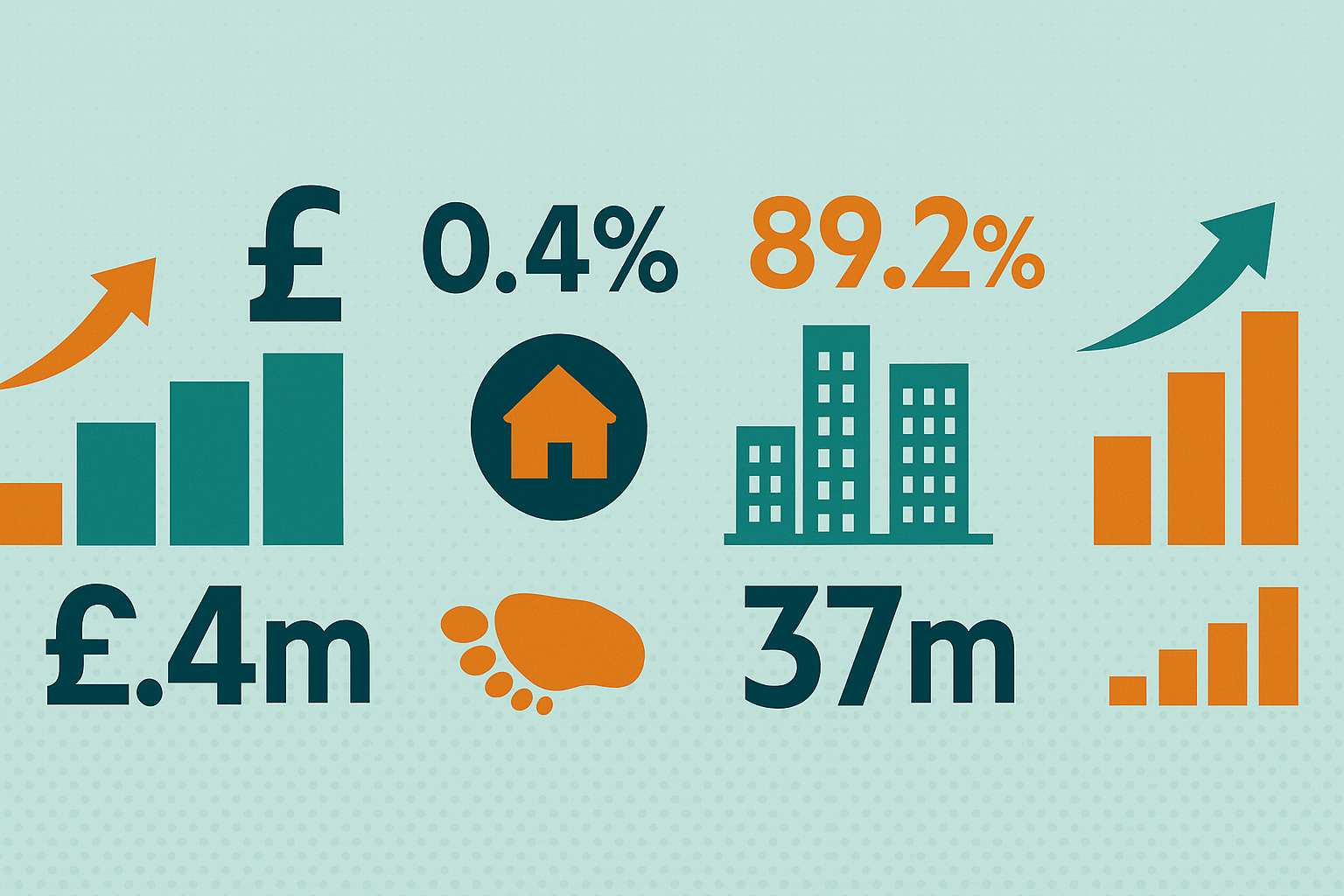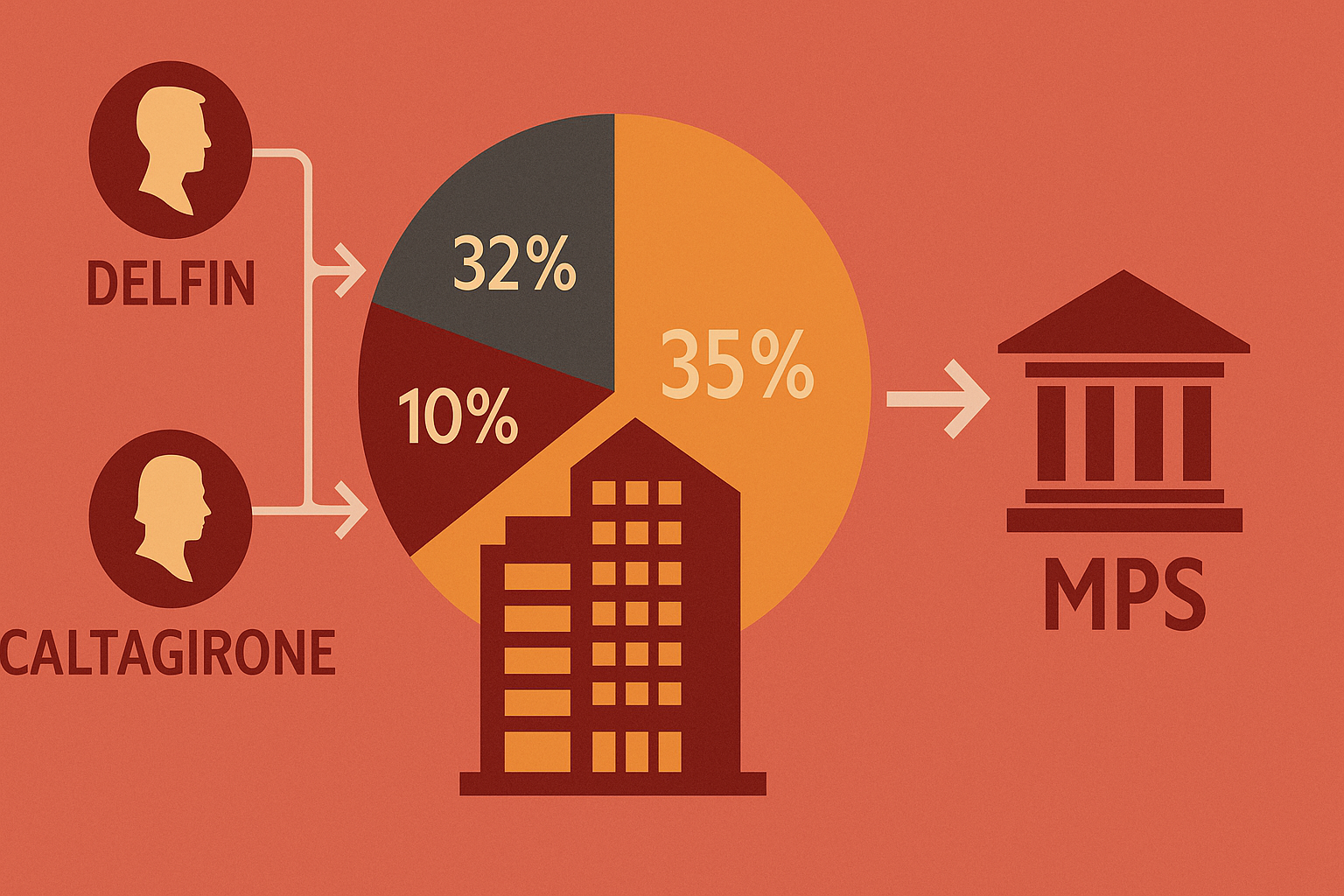Economic activity across the euro area unexpectedly accelerated in August, bolstering expectations that the European Central Bank (ECB) will keep interest rates unchanged in the coming months.
According to the HCOB Eurozone Purchasing Managers’ Index (PMI), a widely monitored indicator of business sentiment, the index rose by 0.2 points to 51.1, exceeding both forecasts and the key threshold of 50 that distinguishes expansion from contraction. Economists surveyed by Reuters had anticipated a slight decline to 50.7. This marks the strongest increase since May 2024 and the eighth consecutive monthly gain.
Business Resilience Amid Headwinds
Cyrus de la Rubia, chief economist at Hamburg Commercial Bank, said the data shows that “things are getting better,” with improvements observed in both manufacturing and services. He noted that businesses appear to be coping well despite the challenges posed by US tariffs of 15% on most EU imports and broader global uncertainty.
The survey also highlighted renewed inflationary pressures, particularly in the services sector where prices rose at a faster pace than in July. “The ECB might wince a little at the rising cost pressures in the services sector,” De la Rubia added.
Market Expectations Shift
The stronger-than-expected reading has reinforced market sentiment that the ECB will hold rates steady at its September meeting. Derivatives pricing indicates only a 5% probability of another rate cut, with a 40% chance of further cuts later this year, according to LSEG data.
ECB President Christine Lagarde acknowledged this resilience, noting that the euro area economy has held up against a challenging global backdrop. However, she also cautioned that growth across the bloc is expected to slow in the coming months.
Monetary Policy Outlook
The ECB paused its cycle of rate reductions in July, after having cut borrowing costs from 4% to 2% over the previous year. Analysts believe the supportive effects of looser monetary policy are currently outweighing the negative impact of US trade tariffs.
“Apparently, the positive effect of the looser monetary policy outweighs the negative effect of the US tariffs,” wrote Vincent Stamer, senior economist at Commerzbank.








